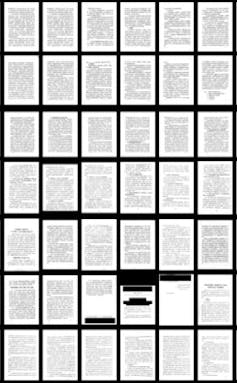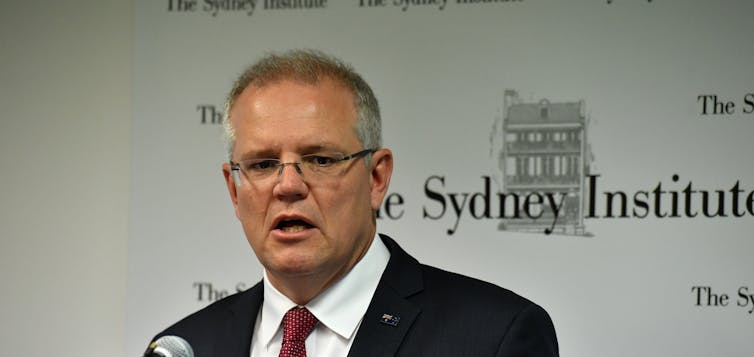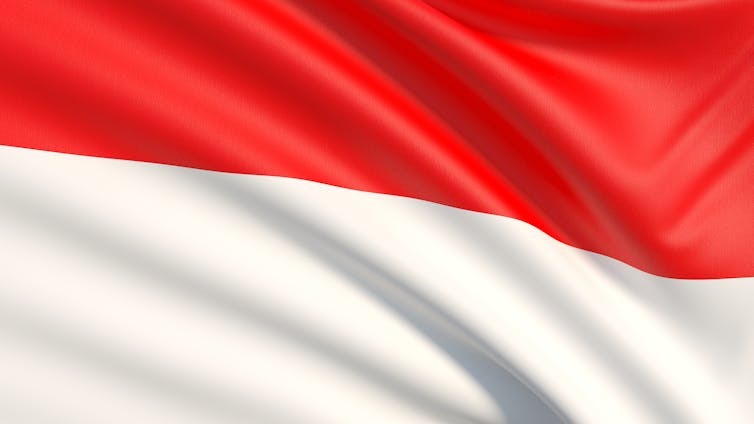‘Religious police’ raid apartment; no official charges.
LOS ANGELES, March 28 (CDN) — Friends and family of two Indian Christians arrested after a prayer meeting in Saudi Arabia in January have tried in vain to secure their release.
The two Christians were incarcerated for attending the prayer meeting with other Indian nationals and accused of converting Muslims to Christianity, though the government has not produced formal charges, sources said.
Yohan Nese, 31 and Vasantha Sekhar Vara, 28, were arrested on Jan. 21 when mutaween (religious police) raided an apartment where the two had lingered after attending the prayer meeting. Religious police interrogated and beat them to the point that they suffered injuries, according to sources. During this time, religious police who were cursing at them allegedly tore up and trampled on Bibles and Christian material they had confiscated, said a source who spoke to the men.
Authorities asked them how many Christian groups and pastors there are in Saudi Arabia and Riyadh and asked their nationalities. The religious police also put pressure on the two to convert to Islam, according to sources.
The next morning, Jan. 22, authorities took the two Christians to the Religious Court in Riyadh. The court sentenced them to 45 days in prison. At 2 p.m., police filed a case at the local civil police station, according to a source who requested anonymity.
To date the Christian Indians have been in prison for 67 days. Their family and friends say they still have not been able to obtain a document with official charges but know from the prisoners that the charges are religious in nature, according to the source. At the time of their detention, the Christians were not engaging in religious activities.
On Jan. 22, 15 mutaween in civilian clothes came back to the apartment they had raided the previous day, destroyed valuable items and wrote Islamic slogans on the walls with spray paint, the source said.
Nese and Vara’s situation in prison is “horrible,” said the source. The two men are cramped in a prison cell with only enough room to stand.
“There is no place to even sit,” said the source. “Only two hours a day they are sleeping in shifts. When brother Yohan is sleeping, brother Sekhar needs to stand, and when brother Sekhar wants to sleep, brother Yohan needs to stand. They have been doing this for more than a month. I don’t know how many more days they have to continue this.”
Since the arrest, other Christians have been too frightened to meet for prayer.
One week after his arrest, Vara was able to use a phone to call his family and pastor in India. His wife, Sandhya Vara, who is expecting their first child in three months, said she has not heard from him since.
“There were no Muslims in their prayer meeting, but they are accusing them of converting Muslims into Christians,” she told Compass by phone. “We got married eight months ago, but he’s very far from me now and he’s in very much trouble, and I’m six months pregnant.”
She and his pastor in India have communicated numerous times with the Indian embassy but have received no response.
“I have been complaining to the Indian embassy,” she said. “They cannot call me or give me any information. There is no help. So many times I informed them and they cannot give any reply and cannot take any action.”
Vara had worked in Saudi Arabia for more than seven years. Last summer he came to India and got married, returning on Jan. 9 to his post in Riyadh, where he worked as a supervisor for a catering company.
“Vasantha is from my church,” said his pastor in India, Ajay Kumar Jeldi. “He is very God-fearing, good, prayerful, supporting the pastor and working for the youth.”
The morning of his arrest, Vara called Pastor Jeldi and told him he planned to go to the evening prayer meeting in Riyadh. After the meeting, Vara, Nese and four other unidentified Christians lingered at the flat where the gathering had taken place. At around 7:30 p.m. two mutaween in plainclothes and one policeman in uniform raided the apartment.
On the phone with his pastor back in India, Vara said he was in prison for religious reasons and that he had been pressured to convert to Islam, but that he had refused.
“If I have to die for my God, I will die for him here,” he told Pastor Jeldi. “God will help me.”
The pastor said that in his sole conversation with him a week after his detention, Vara requested prayers for his release.
Typically in Saudi Arabia, a foreign worker’s documents remain with the employers who sponsor them in order for them to work in the country. Saudi employers are typically the only ones who can secure their employees’ release on bail.
“Only their sponsors can bring them out,” Pastor Jeldi said. “He has the right to bring him out, and no one else has the right to go and pay the bail or anything. Only the sponsor can have that responsibility.”
Since his arrest, Vara’s employer has handed his passport to local authorities and told them he is no longer responsible for him, according to the anonymous source.
“He doesn’t want him to work in his company anymore,” said the source.
The Saudi “religious police” or Commission to Promote Virtue and Prevent Vice (CPVPV) is a government entity that includes 5,000 field officers and 10,000 employees, along with hundreds of “unofficial” volunteers who take it upon themselves to carry out the CPVPV’s mandate, according to the U.S. Commission on International Religious Freedom.
“Despite the fact that the CPVPV is not allowed to engage in surveillance, detain individuals for more than 24 hours, arrest individuals without police accompaniment, or carry out any kind of punishment, its members have been accused in recent years of killing, beating, whipping, detaining, and otherwise harassing individuals,” the commission stated.
In the raid, authorities confiscated anything of value in the apartment, including two musical keyboards, a guitar, two sound boxes, a sound mixer, four microphones, music stands, power extension boxes, a laptop, mobile phone chargers and a whiteboard. They also confiscated 25 Bibles and other Christian materials, the source said.
The other Indian Christians at the apartment escaped.
The anonymous source said he has informed the Embassy of India in Riyadh of their arrest numerous times.
“I have lost hope in them,” he said, “because the only thing they are always saying is that this is a religious case, so we can’t do anything.”
Pastor Jeldi said he thought someone must have complained about the group of Christian Indians who were meeting regularly, causing authorities to act.
Nearly 7 million foreigners live and work in Saudi Arabia, of which an estimated 1.5 million are Indian nationals.
Human Rights Watch has reported that Saudi Arabia systematically discriminates against migrant workers and has called for the government to “abolish the sponsorship system for migrant workers, in particular the requirement for employer consent to transfer employment and to obtain an exit visa.”
According to the U.S. Department of State’s 2010 Report on International Religious Freedom, with rare exception, expatriate workers fear government interference with their private worship. The reasons for this interference can range from the worship service being too loud, having too many people in attendance or that it occurs too often in the same place, according to the report.
Riyadh was the stage for another raid and mass arrest of Christians in early October 2010. Arab News and other press reported the arrest of 12 Filipino Christians and a French Catholic priest celebrating mass in a private apartment. There were 150 Filipinos in attendance. The employers of the 12 Christian foreign workers secured their release, and the Philippine embassy negotiated their repatriation. The Catholic priest was also released within days.
“Saudi officials do not accept that for members of some religious groups, the practice of religion requires more than an individual or a small group worshipping in private, but includes the need for religious leaders to conduct services in community with others,” stated the State Department’s religious freedom report. “Foreign religious leaders continue to be prohibited from seeking and obtaining visas to enter Saudi Arabia and minister to local religious communities.”
Report from Compass Direct News
http://www.compassdirect.org
![]()




You must be logged in to post a comment.